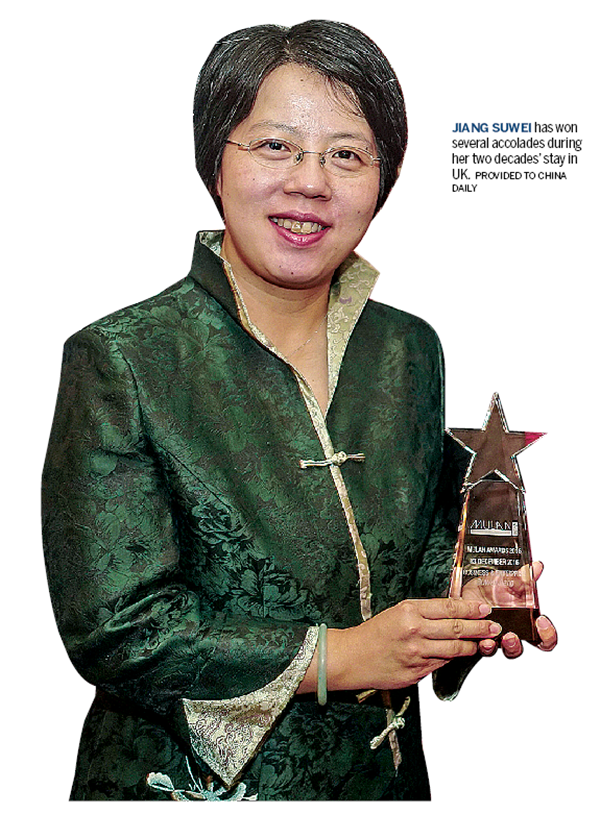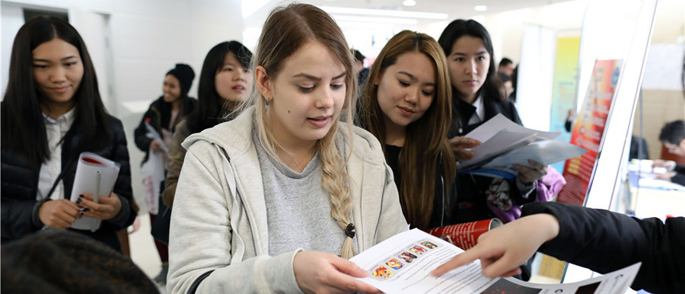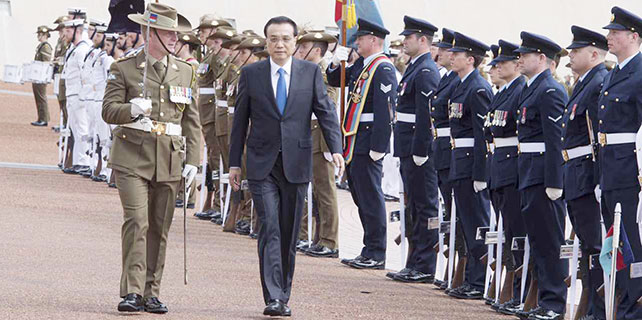Best of both worlds for pioneer Jiang

Jiang Suwei is the first person from the Chinese mainland to make partner in Europe at PricewaterhouseCoopers, one of the world’s leading consultancy firms.
Jiang is now head of China Business at PwC UK and has won several accolades, including the Excellence in Accounting and Finance Award at the first Chinese Business Leaders Awards in 2015.
Her more than two decades of living in the UK has given her a privileged vantage point over the development of Sino-British relations and deepening business ties.
She was able to achieve all this thanks to her father.
To fund her studies in Britain, he quit his job in Nanjing as an executive at a telecoms company, borrowed money from his brother-in-law, and went to work for him in Fujian province to repay the loan.
“The tuition fees were 15,000 pounds, which was a lot of money in 1995, especially in China,” says Jiang. “My mother’s family is from Malaysia and my uncle had a conglomerate involved in property and other ventures....Chinese parents will do anything for their children.”
Growing up, she had vague ideas of pursuing some kind of entrepreneurial career but had no fixed goal. She attended Guangdong University of Foreign Studies, which included a year in the UK.
“There were very few Chinese in the UK who were not from Hong Kong, Malaysia and so on in those days,” she remembers.
She then studied for a Masters of Business Administration at the University of Bristol. This meant taking the Graduate Management Admission Test, which tests for advanced English and maths skills.
“Although I had good English, I remember having to study hard during the Christmas holidays before the exam in January.”
On completion of her MBA, she sent a bundle of application letters — nothing was online in those days. PwC was one of only two companies to get back to her, saying they were interested but there would be problems with getting a work visa.
“PwC said to get around this, I could work and study at the same time to become a chartered accountant. I'’ve been with them ever since,” she says.
She worked in audit until the firm asked her in 2008 if she wanted to set up a unit to explore how to help not only UK companies enter the Chinese market but to aid Chinese clients wanting to do business in the UK.
“I help companies by being their sounding board. We have people in China who can help with interpreting and other things but I think more about strategy. Post-deal integration is one of the most important areas of my work,” she says. “The financial crisis meant a lot of UK companies put China on the backburner but China saw an opportunity to come overseas.”
Britain’s vote last year to leave the EU means there is even more scope for two-way investment flows between China and the UK, she says.
“Judging by client feedback, UK companies are looking at China more closely while the Chinese see opportunities for free-trade deals. Meanwhile, both sides have become a lot more sophisticated.”









